Single-cell RNA sequencing: How to optimize the workflow from tissue through analysis
Today, researchers can analyze 10 000+ cells from one tissue sample or patient to understand individual cell populations and their behaviour in diseased tissue – thanks to advances in next generation sequencing (NGS) technologies and reduced costs.
Because single-cell RNA sequencing (scRNA-seq) is so sensitive, it’s critical to carefully handle and process tissue. This care preserves the integrity and context relative to the parent sample. It also minimizes any process-induced effects that may skew sequencing results and downstream analysis. Here we share data from a study comparing automated tissue processing methods. The VIA Extractor™ tissue disaggregator improved the yield of viable mouse liver cells, reduced processing time, and increased the number of cells represented in the sequencing data across most clusters in the single-cell suspensions.
Our webinar speakers will discuss:
• The ability of the VIA Extractor™ tissue disaggregator to generate suspensions of high-quality single cells from mouse liver tissue.
• Illumina next-generation sequencing (NGS) workflow for high-throughput scRNA-seq analysis.
• The key points to consider when planning single-cell sequencing experiments.
Learning objectives:
• Discover how tissue processing impacts cell viability and downstream results.
• Learn how VIA Extractor™ tissue disaggregator generates suspensions of high-quality single cells.
• Understand the steps involved in an NGS workflow for high-throughput scRNA-seq analysis.
Webinar speakers:
Angeliki Achimastou, Product Manager for Single-Cell, Genomics and Diagnostics Solutions, Cytiva
Angeliki Achimastou is the Product Manager for Single-Cell within the Genomics and Diagnostic Solutions business at Cytiva. Angeliki has been working in the Genomics sector for over a decade in both academic, research and commercial settings, in varying roles including Field Application Specialist, Modality Specialist and Life Science Specialist. She completed her BSc at King’s College London and her MSc at Imperial College in London. Angeliki went on to gain her PhD and post-doctorate in Molecular Neurobiology at the National Institute for Medical Research in the UK.
Samuel Kroll, Sr. Sequencing Specialist Central EMEA, Illumina
Samuel did his PhD and PostDoc at the Max-Planck Institute for Plant Breeding research in Cologne, focusing on Microbiome and Plant Genetics. Before starting with Illumina, Samuel worked at QIAGEN as a Genomics Application Specialist where he supported the entire NGS portfolio across DACH and Eastern Europe. Now at Illumina, he works as a Sequencing Specialist, being responsible for larger NGS projects that aim to utilize novel NGS solutions across central Europe
